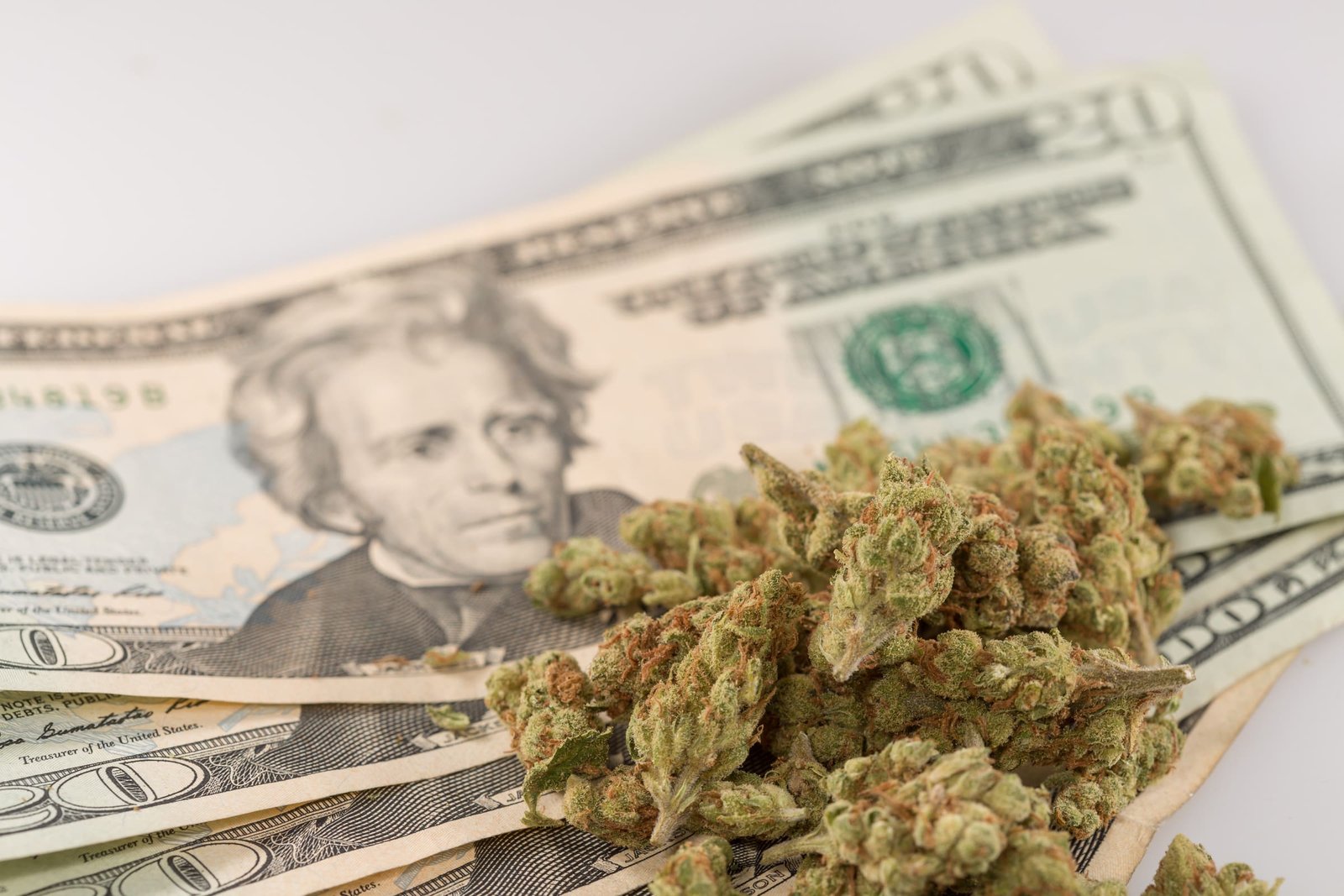Former Representative Matt Gaetz (R-FL), who was named President Donald Trump’s first pick for attorney general, expressed optimism that “meaningful change” to marijuana laws is “finally on the horizon.” He credited Trump’s “leadership” in supporting the rescheduling of cannabis, suggesting that significant reforms may soon emerge.
In Pennsylvania, a Republican representative urged the GOP to “snatch” the marijuana legalization issue from Democrats, framing it as a “smart, conservative choice” that could provide a political edge. This sentiment reflects a growing interest within the party to leverage cannabis reform for electoral gain.
Meanwhile, in Florida, state legislative committees approved a bill that includes a ban on the sale of psilocybin or psilocyn-producing spores and mycelium. This decision comes as part of a broader effort to regulate psychedelic substances in the state.
In Nevada, the Assembly Health and Human Services Committee conducted a hearing on legislation that would establish an Alternative Therapy Pilot Program. This program would permit patients with specific mental health conditions to access psychedelics such as psilocybin, DMT, ibogaine, and mescaline for therapeutic use.
A recent scientific review highlighted the benefits of cannabidiol (CBD) for patients with pharmacoresistant epilepsy. The study found that patients who received CBD experienced a significant 41.0875% reduction in total seizure frequency, compared to an average reduction of 18.1% in placebo groups, underscoring the potential of CBD in epilepsy treatment.
In a lighter moment, actor Seth Rogen, a known cannabis enthusiast, shared his experience of abstaining from marijuana for three days during a trip to Singapore. He emphasized the strict penalties for cannabis use in that country, stating, “they’ll literally fucking kill you if you smoke weed in that country.”
Additionally, the Ohio Senate General Government Committee held a hearing on a bill aimed at restricting the sale of intoxicating hemp products to marijuana dispensaries, seeking to prevent sales at convenience stores, smoke shops, or gas stations.
On a federal level, the Substance Abuse and Mental Health Services Administration is merging with other agencies to form a new Administration for a Healthy America as part of a restructuring within the Department of Health and Human Services.
Former Representative Greg Walden (R-OR) called on Congress to advance federal marijuana reform legislation in a letter to the editor, reflecting the ongoing push for change at the national level.
In other state developments, the Oklahoma House of Representatives passed a bill to limit the amount of marijuana individuals may legally possess, distribute, manufacture, or bring into the state. Conversely, a Tennessee House subcommittee rejected a bill to legalize marijuana, while Pennsylvania’s Senate majority leader criticized the implementation of the state’s medical cannabis program, suggesting it needs improvements for efficiency and productivity.
Lastly, an Alabama representative authored an op-ed advocating for support of a bill to restrict hemp-derived delta-8 THC products, highlighting the ongoing regulatory discussions surrounding hemp and cannabis products. In Hawaii, lawmakers are currently reviewing legislation aimed at expanding access to medical cannabis.
This evolving landscape of cannabis regulation indicates that significant changes may be on the way as states and federal entities navigate the complexities of marijuana and psychedelic laws.




